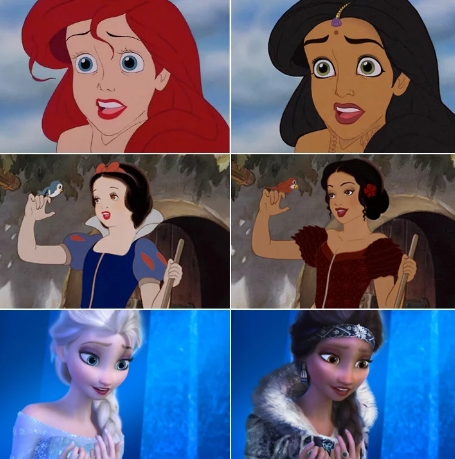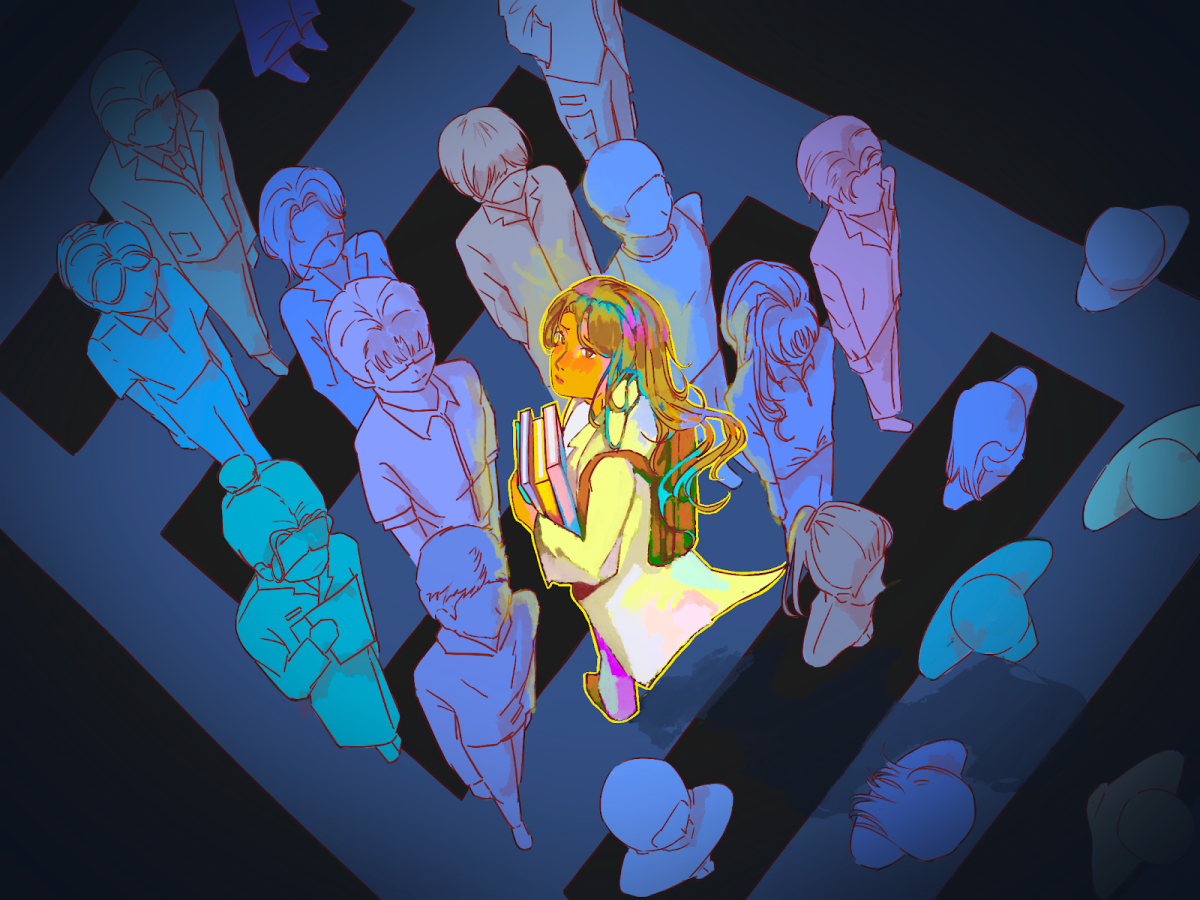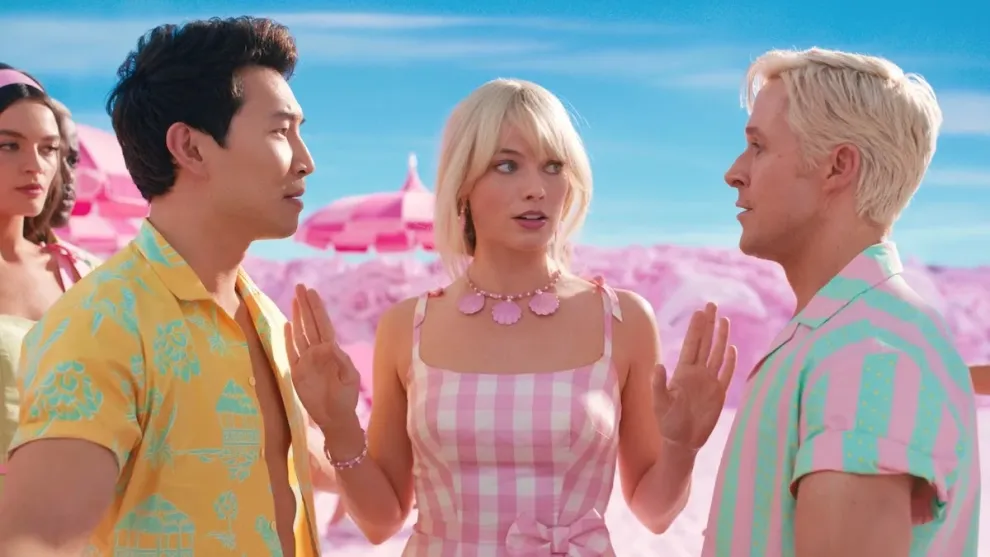In the realm of fairy tales, Disney princesses reign supreme, enchanting audiences with their timeless stories. Yet, in recent years, discussions have risen around the idea of changing the races of these beloved characters in live-action adaptations. While diversity and representation are crucial in the media, altering the ethnicities of established princesses is not the most effective approach. Instead, producers should channel their creativity into crafting new princesses that authentically represent diverse cultures and narratives.
Disney princesses like Cinderella, Belle, and Ariel hold a special place in the hearts of millions. These characters have been around for generations becoming icons of childhood. In their live action adaptations, Cinderella and Beauty in the Beast received applause for their way to portray the original story in a modern light, without changing the princesses. In contrast, the live action Little Mermaid adaptation received more controversy because people found it offensive to change the race of the princesses. Although Ariel has no distinguished race or culture because is a mermaid, people assumed that Ariel’s hair color was code for her skin color. Many people just wanted Ariel to be identical to how she was depicted in the original animation—a white woman with red hair.
Changing the race in live action adaptations could risk altering the essence of these characters diluting the cultural significance. An example of this is the newest fancast of Avantika, an American actress who has worked in several Indian films in the Telugu language, as Rapunzel. With her golden hair and German culture essential to the plot of the story, from the Germanic landscapes of forests and towers where the story takes place, to the emphasis on obedience, the power of magic, and the triumph of love resonate strongly within German cultural traditions, shaping the whole fairytale. If Rapunzel were to be portrayed as a different ethnicity the story may lose its authenticity. If Disney were to cast someone of a different ethnicity for a princess such as Tiana or Mulan, it would be discriminatory – why don’t the same standards apply for a white princess?
Altering the races of existing princesses may come off as tokenism rather than a genuine effort to have more representation. Diversity in media should not simply be a checkbox but instead a thoughtful creation of different cultures and identities. By creating new princesses instead of reviving old stories, creators will have the opportunity to create new stories, allowing for real representation of cultures currently not having as much media representation.
Unlike live action adaptations where physical resemblance plays a significant role, animation allows for more artistic freedom with new character design. This would allow Disney to more authentically capture various cultures around the world without having constraints of real-world actors. For example, Moana was a beautiful movie, with a lot of support from viewers, that allowed Disney to beautifully portray Polynesian culture.
. Throughout the years, Disney has introduced audiences to so many diverse characters from the adventurous spirit of Jasmine to the resilience of Tuana, and these princesses have left a mark on popular culture. By introducing new characters, Disney continues this tradition of creativity, offering fresh narratives that resonate with multiple different audiences.












